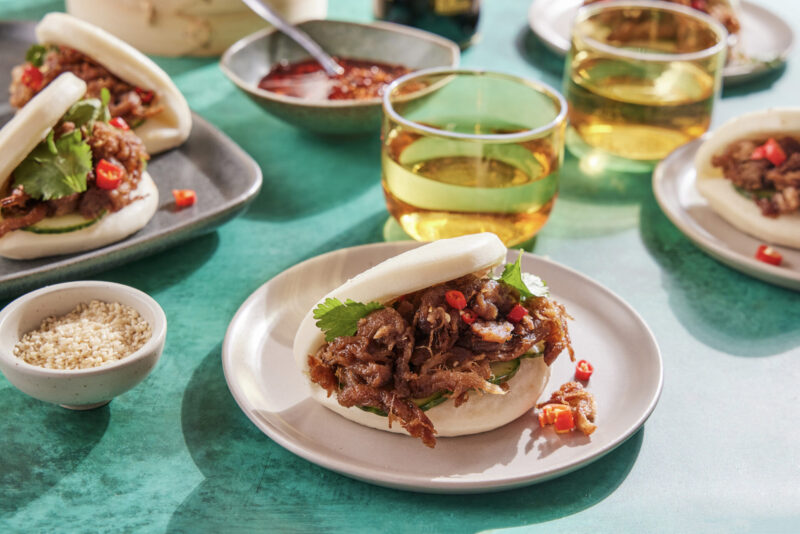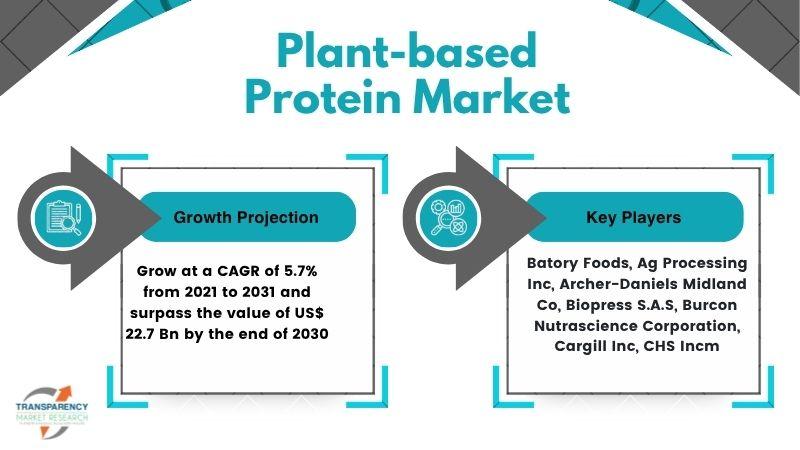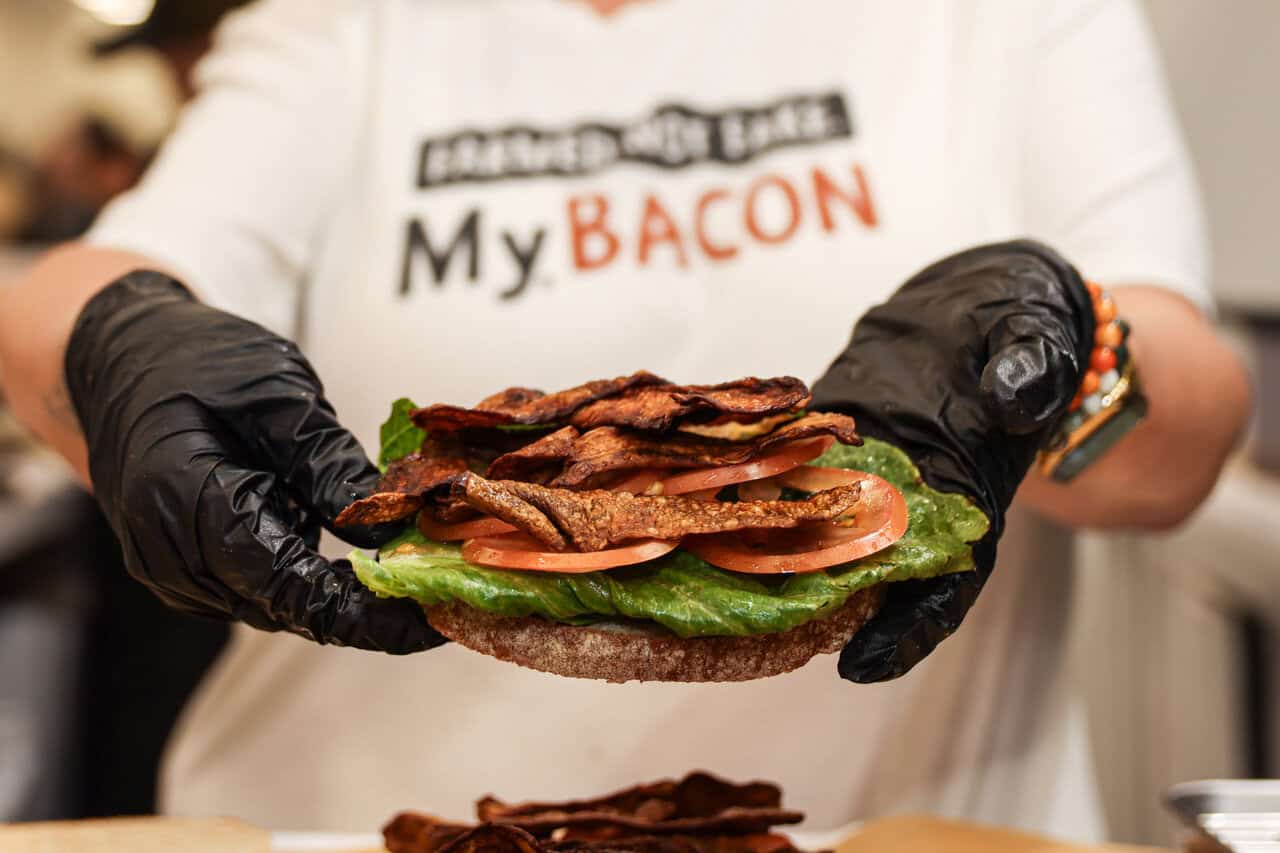For decades, vegetarians and vegans have been searching for good meat substitutes. Although some taste great, their texture often leaves something to be desired.
That’s because meat-alternative companies have traditionally made products like burgers, patties, and sausages using extruders, which heat and squeeze plant-based ingredients into something resembling ground meat. The result is held together using binders, thickeners, and gums.
“It’s like a giant Play-Doh press,” says Mike Messersmith, CEO of Tender, a company in Somerville that’s shaking up the plant-based landscape by creating products that mimic meat texture and fibers.
Already, Tender’s meat alternatives can be found on several restaurant menus throughout Greater Boston, including all locations of local staple Clover, which operates fast casual vegetarian restaurants and food trucks. Tender products can be made into everything from crispy “chicken” tender sandwiches to savory pulled “pork” bao buns.





But the company didn’t start in the kitchen. Instead, it was born in a lab at Harvard, where its cofounders were working with technology that spins materials into nanofibers. Operating like a high-tech cotton candy machine, the rotary jet-spinning tool was being used for “everything,” says Luke MacQueen, Ph.D., Tender’s chief science officer and cofounder. In fact, MacQueen was using the tool to build muscle tissue for organ-on-a-chip technology.
“One of our other cofounders, Grant [Gonzalez], who really invented this system, was using it to make bulletproof textiles,” says MacQueen. “I was using it to build muscle tissues, and our third cofounder was using it to build wound-healing materials.”
They realized that the technology could be used to spin plant ingredients into fibrous strands. The team founded Tender in 2020 and added culinary experts to their ranks. By 2022, the company’s plant-based “meats”—made from fava beans, peas, barley, rice, oats, and yeast, along with sunflower oil and natural sources of umami, like chickpea miso—started landing on people’s plates.
“We can make chicken breasts, tenderloin, and pulled pork,” MacQueen says, “meeting a big, unmet need in plant-based meats.”
Cecelia Jenkins, culinary partnerships manager, says that Tender isn’t trying to fool anyone into thinking that their products are meat. But in the company’s Somerville test kitchen, it’s easy to be fooled. Jenkins whips up a plant-based beef short rib pot pie topped with puff pastry; gyoza filled with plant-based shredded chicken, scallions, ginger, and cabbage; and plant-based pulled pork bao buns with pickled onions and Japanese BBQ sauce. Every bite is not only delicious but convincing in its meaty texture and flavor.
“It’s as close as it can be without sacrificing anything,” Jenkins says. “It’s just good.”
Today, Tender’s products are found on menus at restaurants like Clover locations, Saus in Somerville, and Wusong Tiki Bar in Cambridge, among others. But the company is also looking to expand. It recently received a $5.4 million grant from the Department of Energy to accelerate the development of its efficient food production technology.
Tender also recently hired Messersmith, whose former role as president of oat milk brand Oatly gives him special insight into and experience with building a plant-based brand and product category from the ground up.
Messersmith sees a similar opportunity at Tender, not just expanding its reach but developing the technology for other food categories such as snacks, especially as consumer focus shifts to sustainability, lower costs, and eating more protein and fiber. “I think snacking is going to change fundamentally over the next five or ten years with things like GLP-1 drugs and how people approach their diet,” says Messersmith. “People want simple, clean ingredients.”
They also want great taste, and the team at Tender believes they offer all the above. They also believe that Massachusetts and Boston are at the nexus of the next great wave of food innovation thanks to the region’s confluence of academia, science, tech, and culinary prowess.
“Boston is a hotbed of scientific discovery and technological advancement,” asserts Messersmith. “You don’t always necessarily associate that with food innovation on a scale we’re talking about.” Now, Tender is part of that wave.



